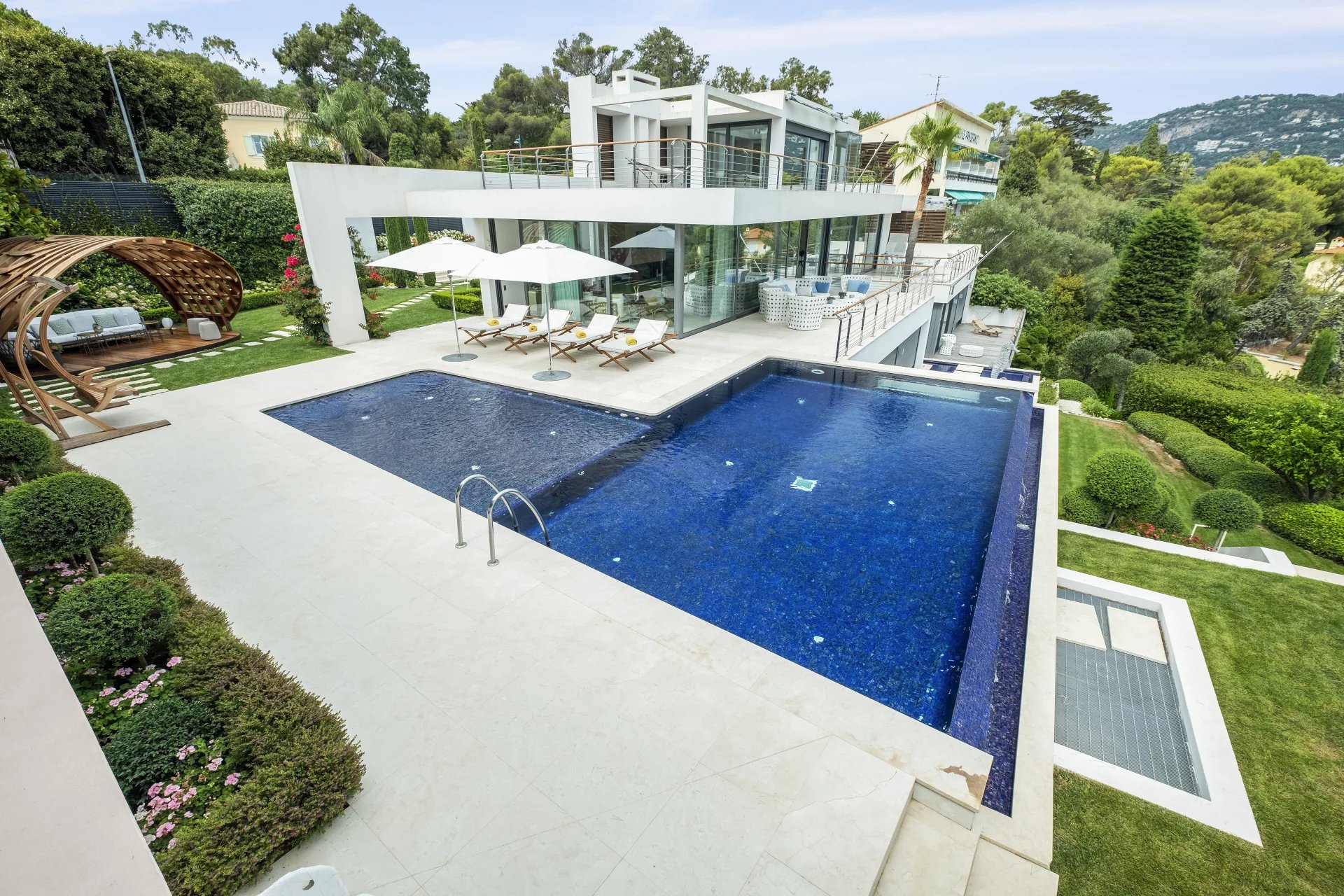
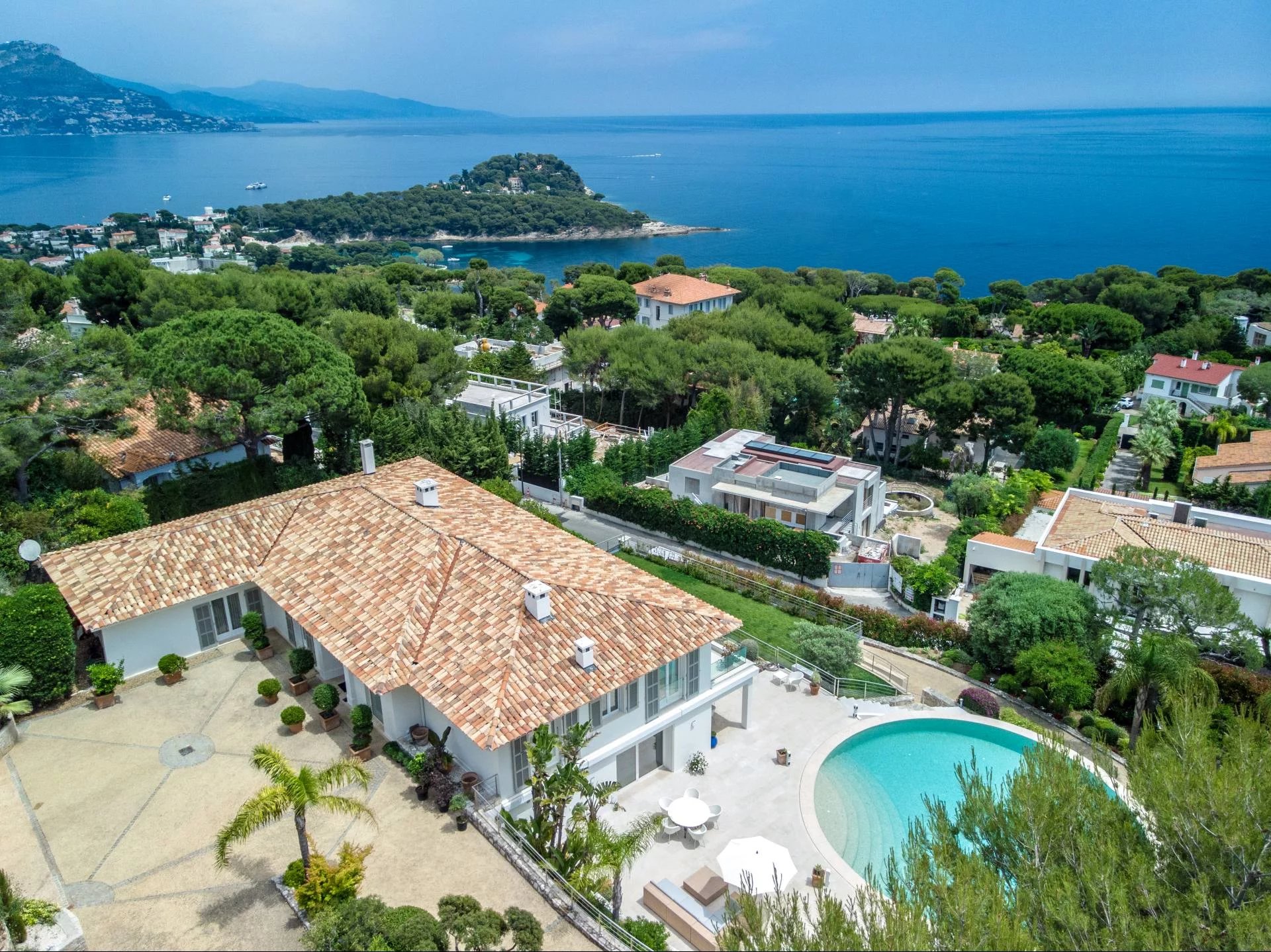
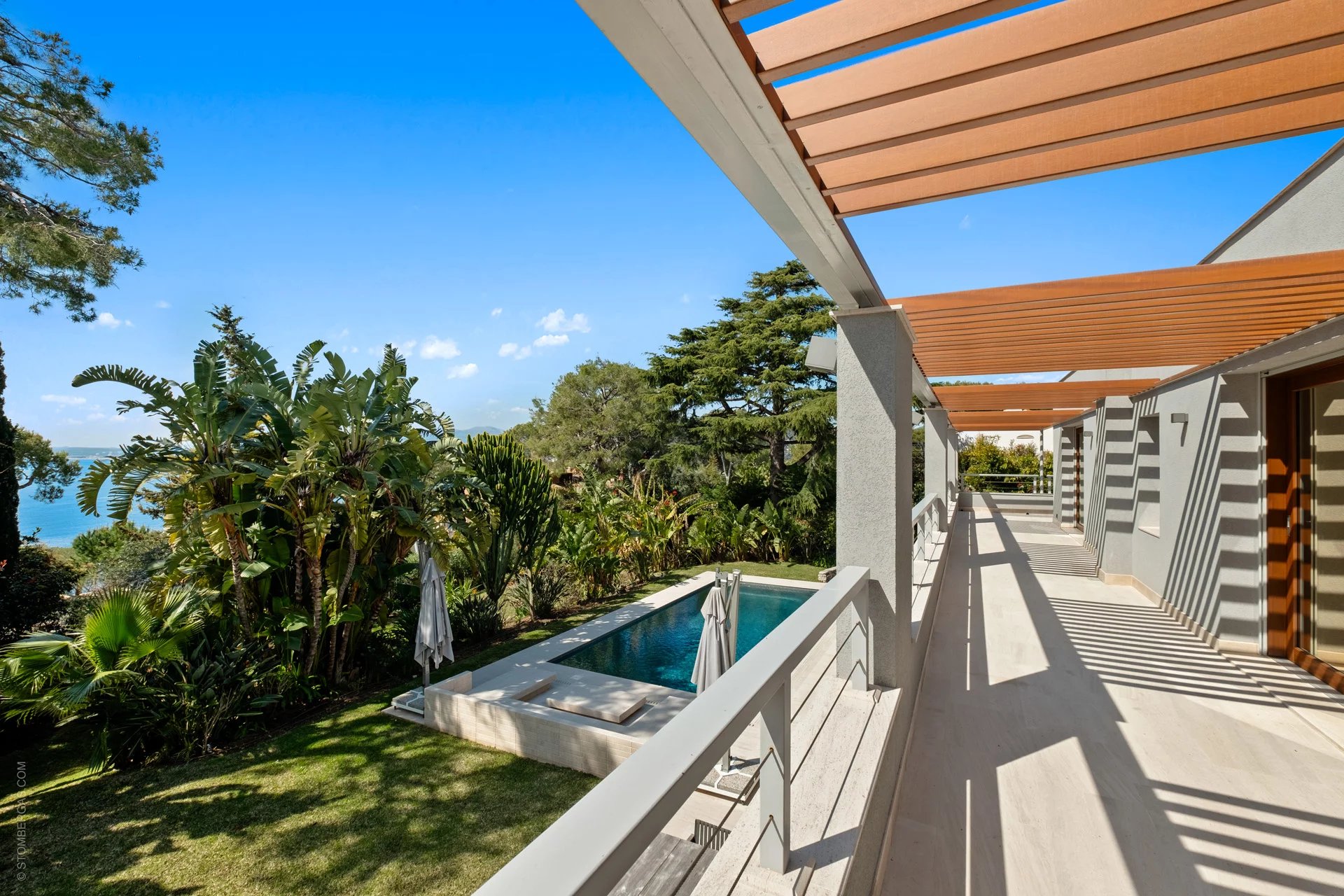
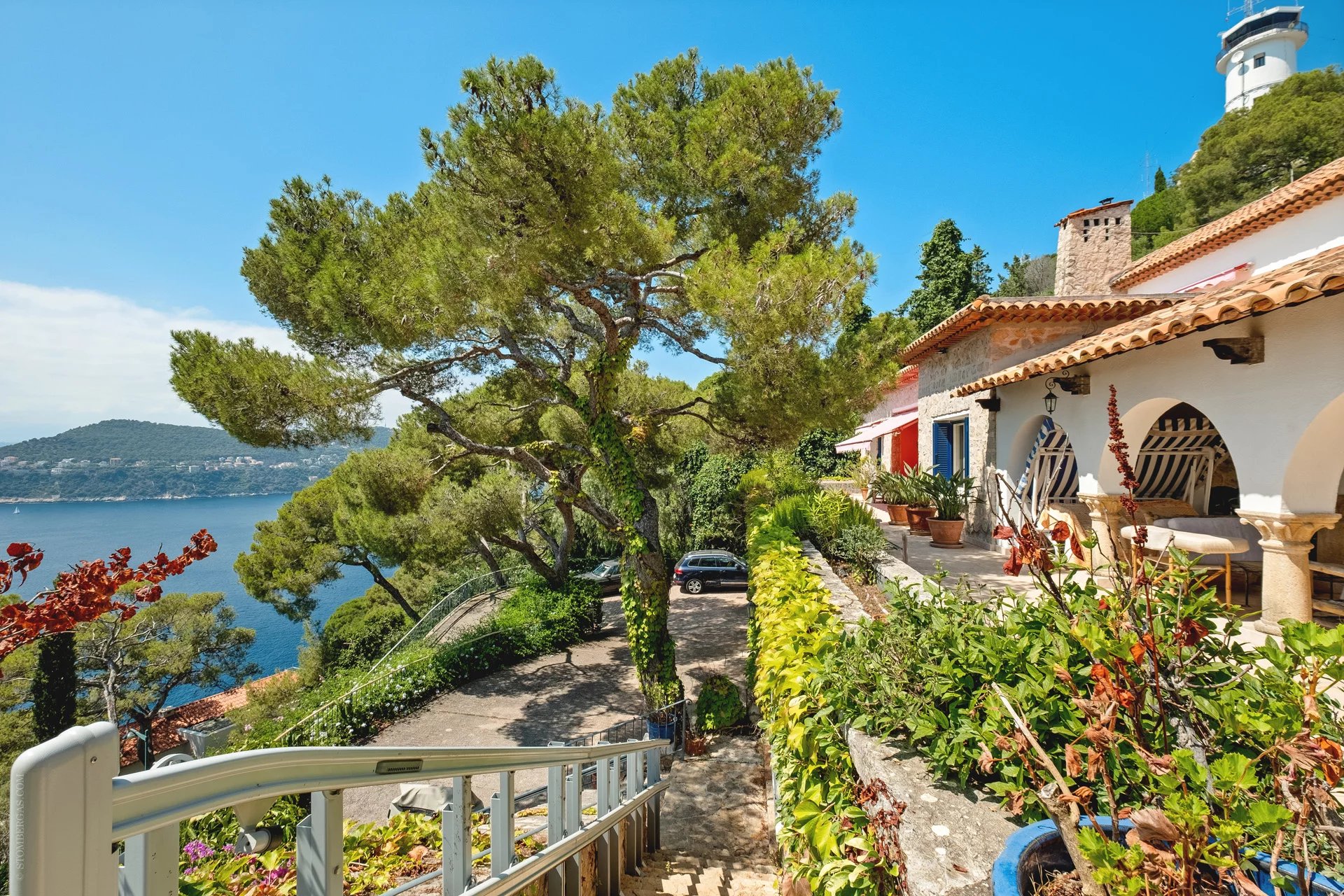

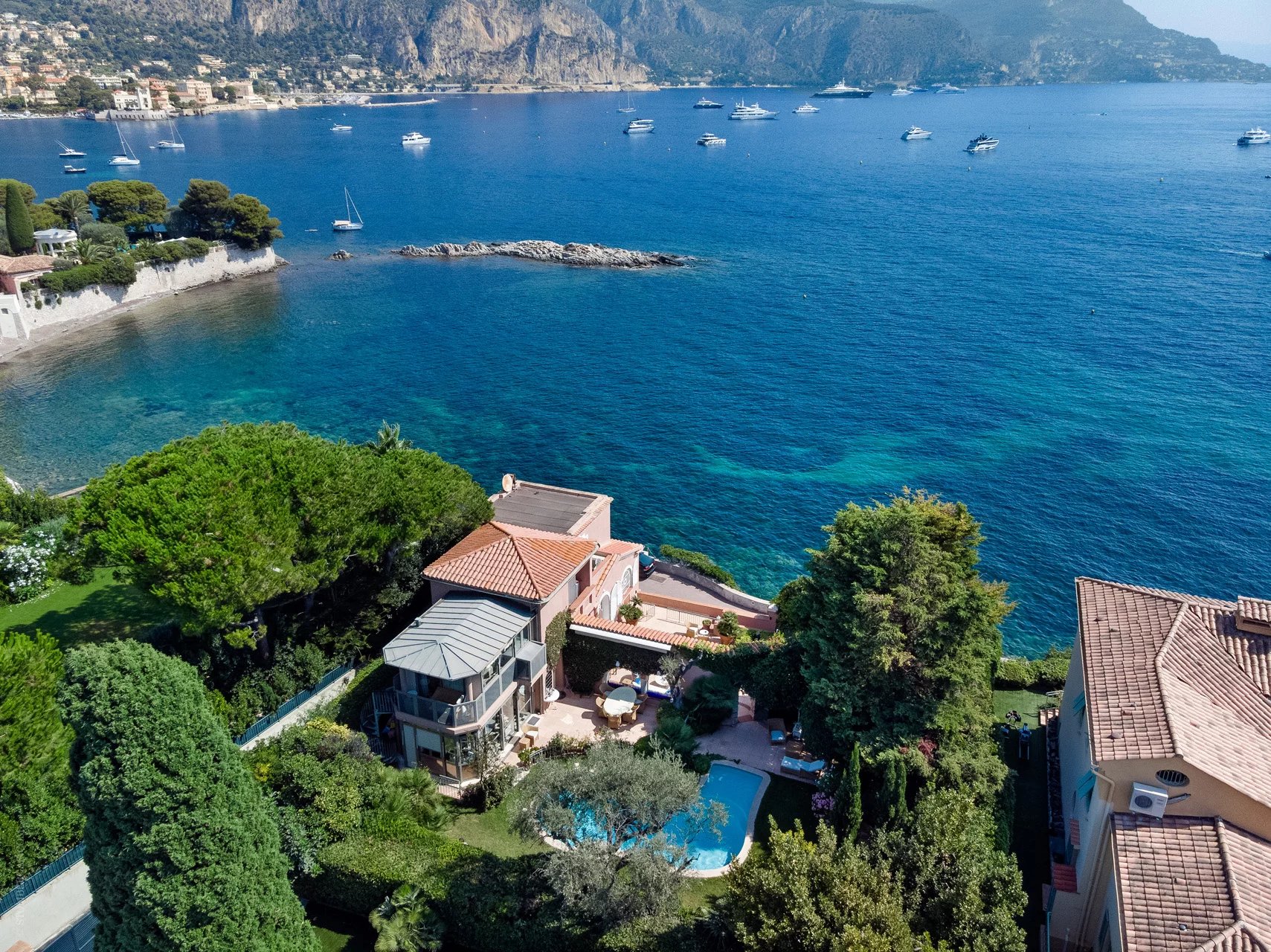
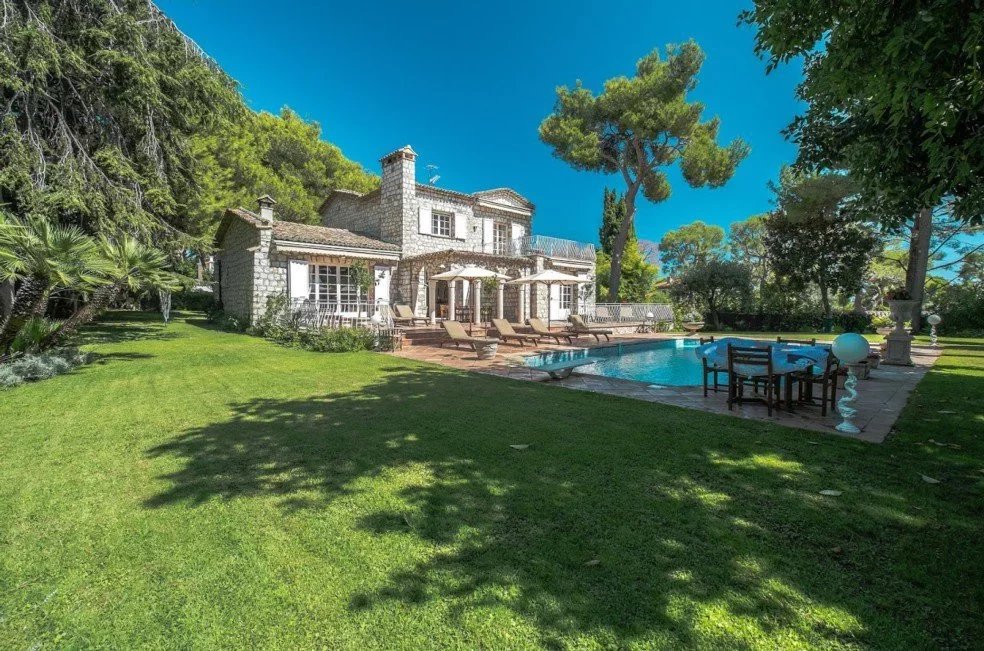
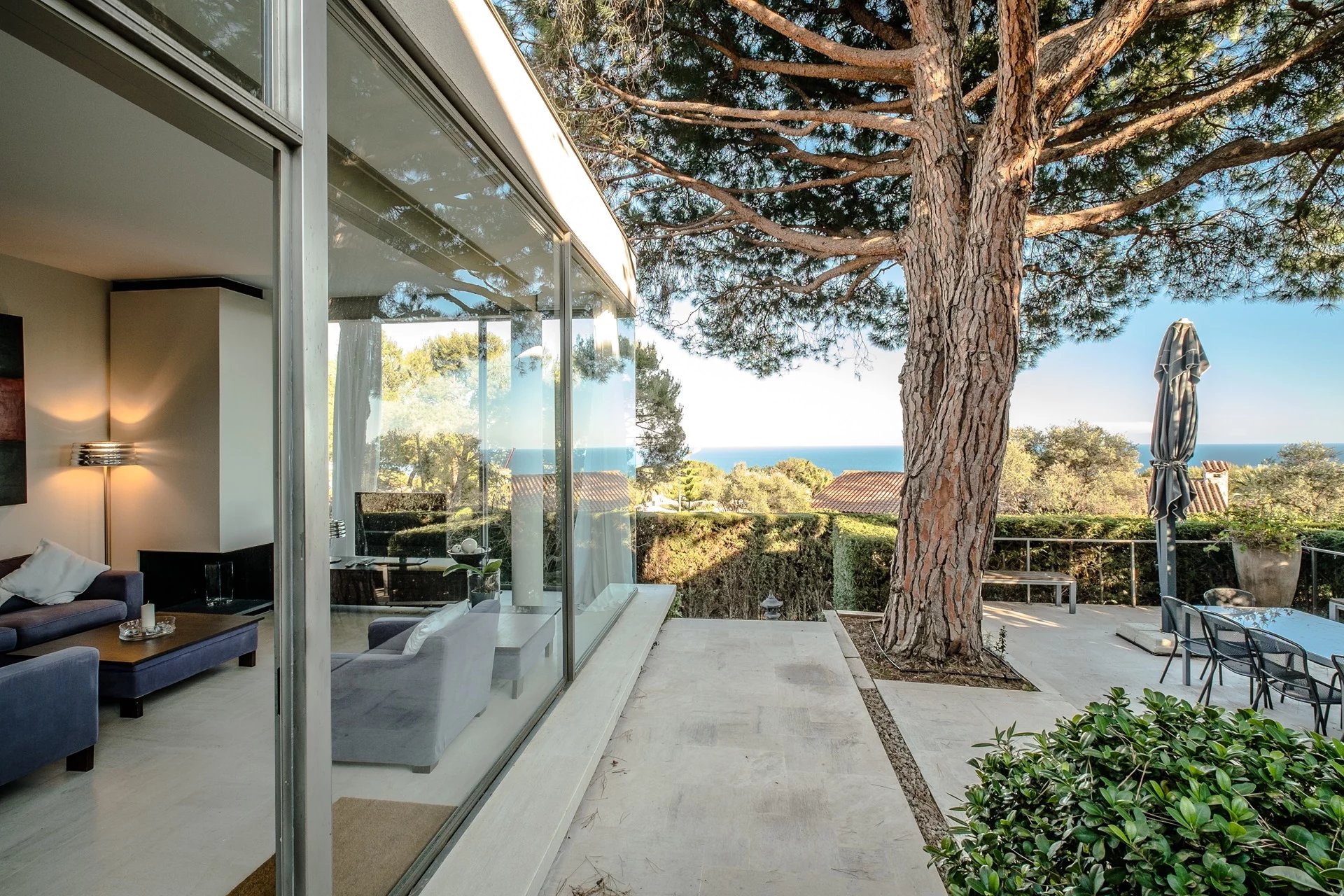
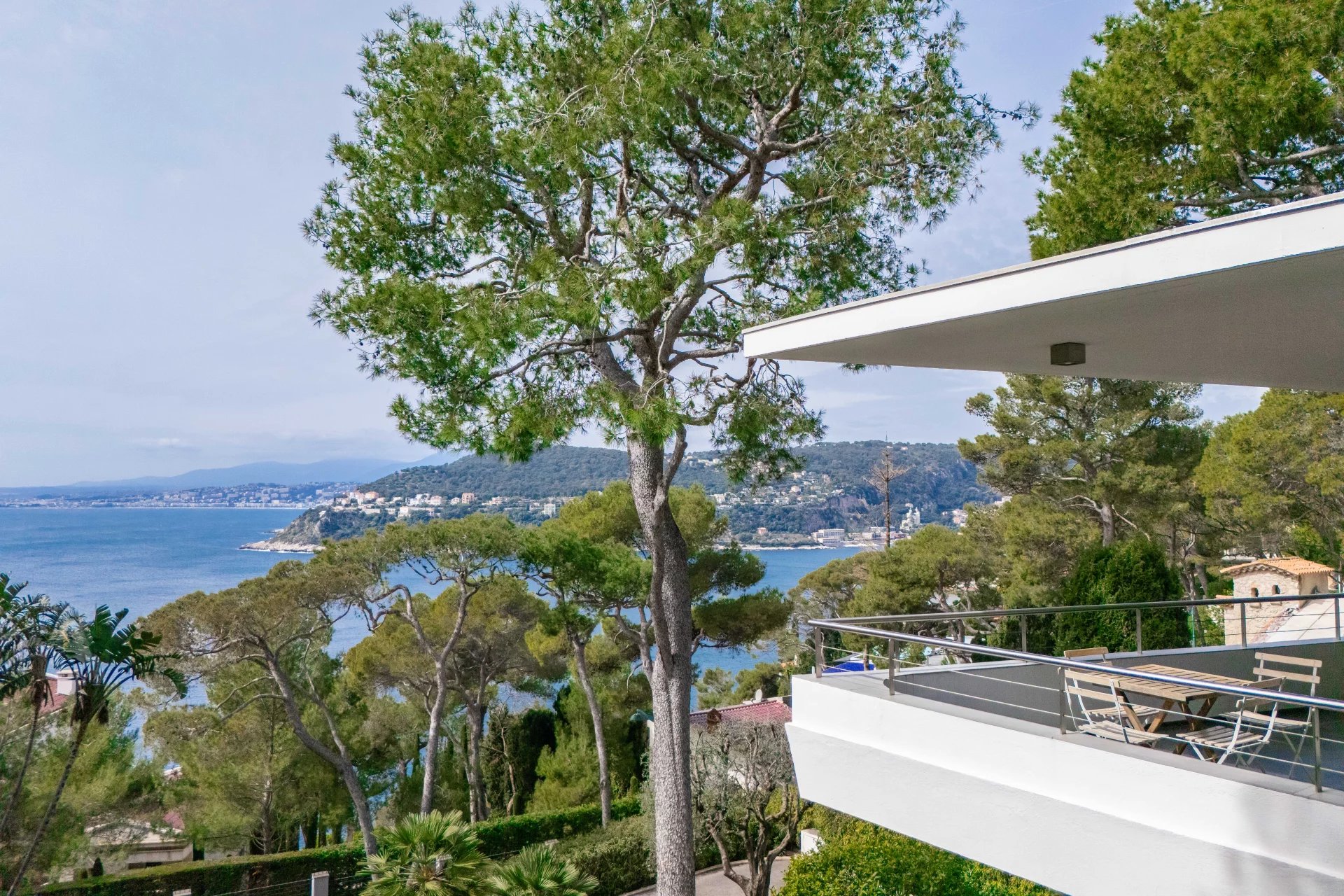
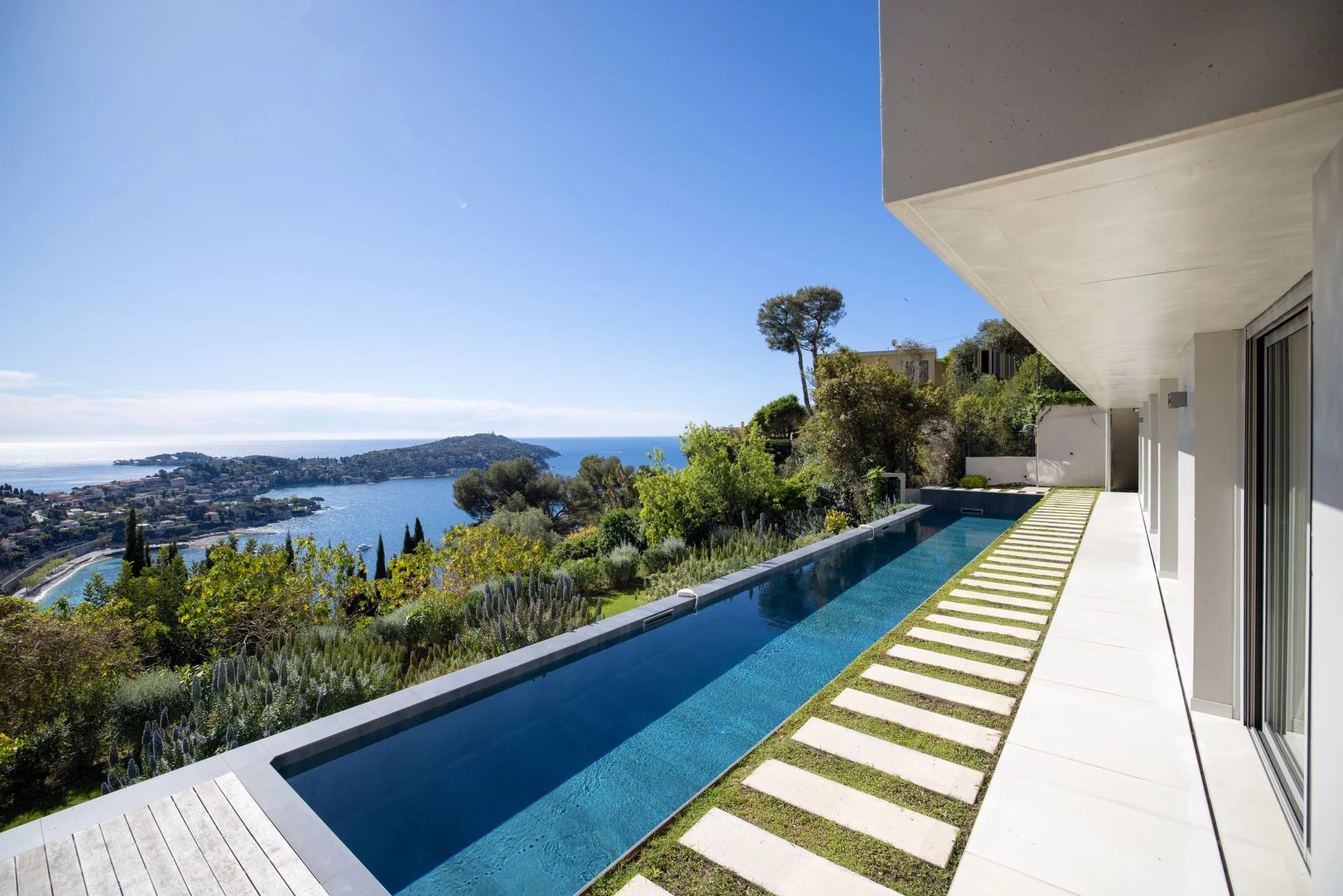
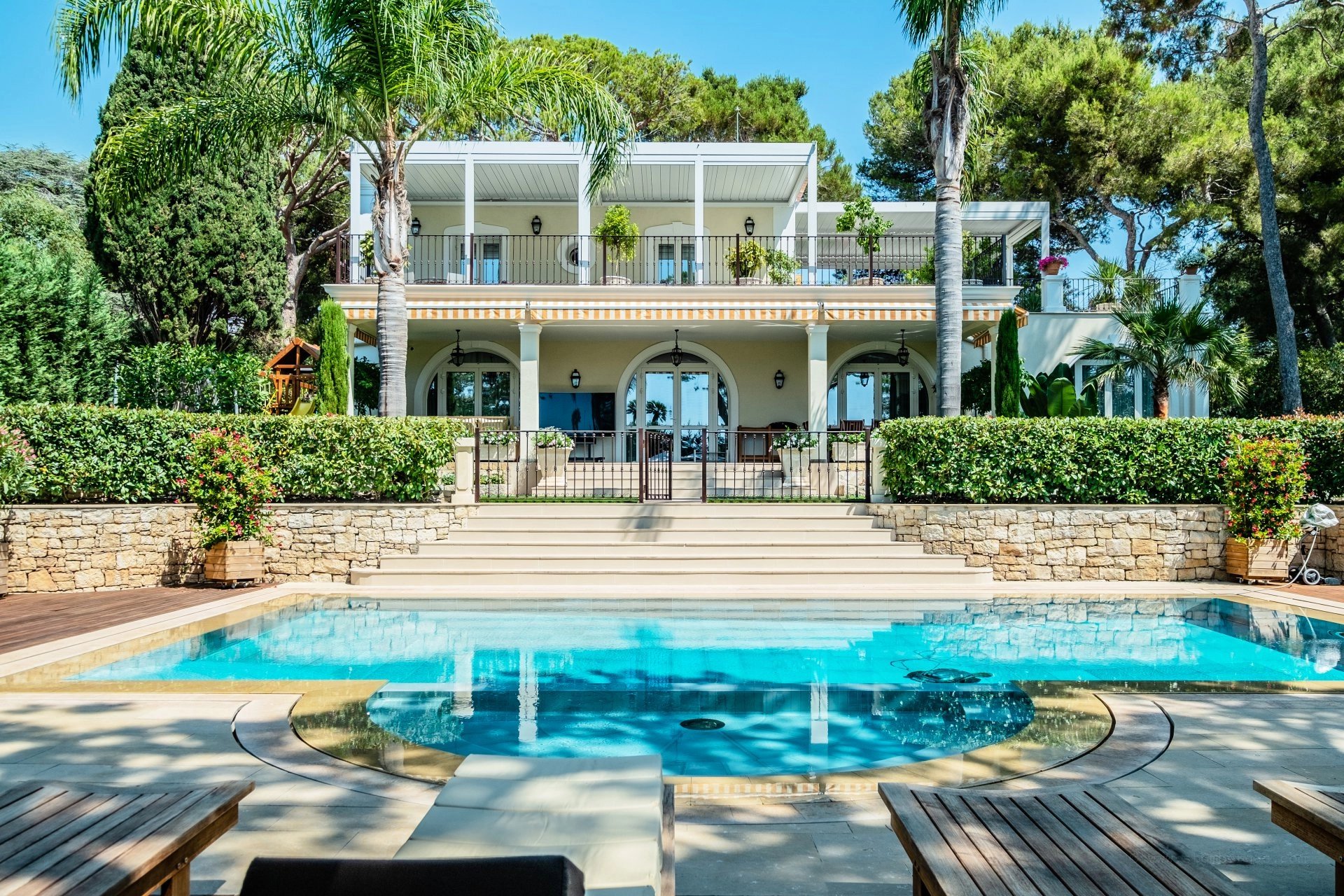
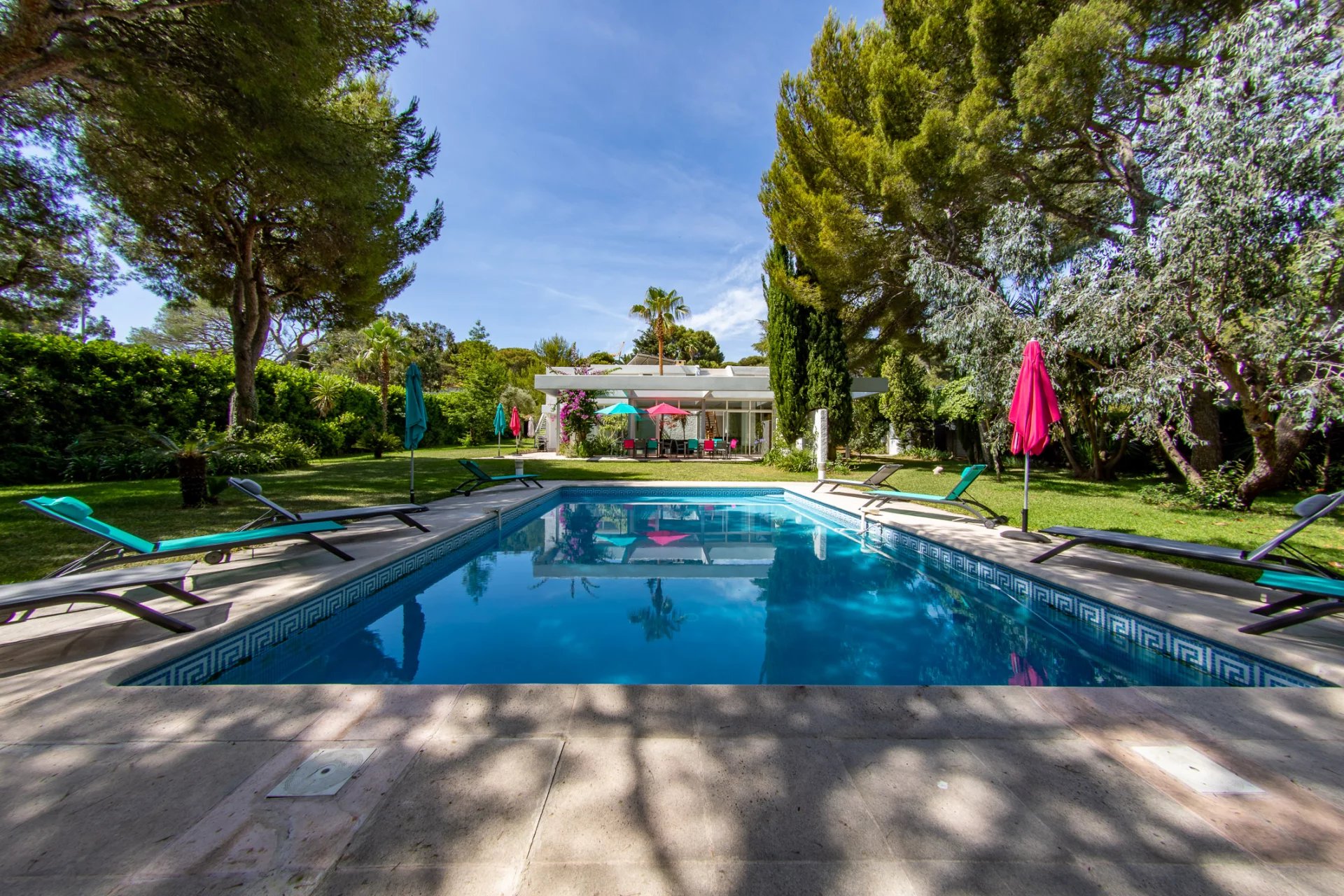
Long term reliable relations, it’s as simple as that
We believe in long-term reliable relations, it’s as simple as that. When we help you find the right property we must be able to relate to your desires, dreams and make sure all aspects of the investment are dealt with in a down to earth manner. Real estate is our passion and this has been our way since the foundation in Saint-Jean-Cap-Ferrat year 2002.
An investment close at heart
At Marks Real Estate agency we know what is at stake when dealing with property transactions. An investment that is important in many aspects must feel right in the long run. To us, finding the right home for the right person involving a transparent, competent and reliable approach in doing business – perhaps influenced by our Scandinavian background. Our agents have long-time experience in the local market on the French Riviera and strong working ethics. We are driven to fulfill that wish of an elevated and relaxed lifestyle that our clients seek and always strive to deliver a personal, professional service.
Our agents at Marks Real Estate will guide you through the process of buying a home on the French Riviera, from the initial idea to when the keys are in your hand. We will stay as guiding help regarding your property even after the purchase.
As more travelers seek an authentic experience while visiting the Cote d'Azur and French Riviera, property owners have taken notice and are now making their unique homes available for rent. Marks Real Estate have been assisting clients with renting and letting properties along the French Riviera since our foundation, from shorter leisure holidays to arranging luxury rentals over the summer period in some of the most prestigious properties around.
Discover the different cities along the French Riviera where we can help you find your new home.
Get access to properties "off-market"
